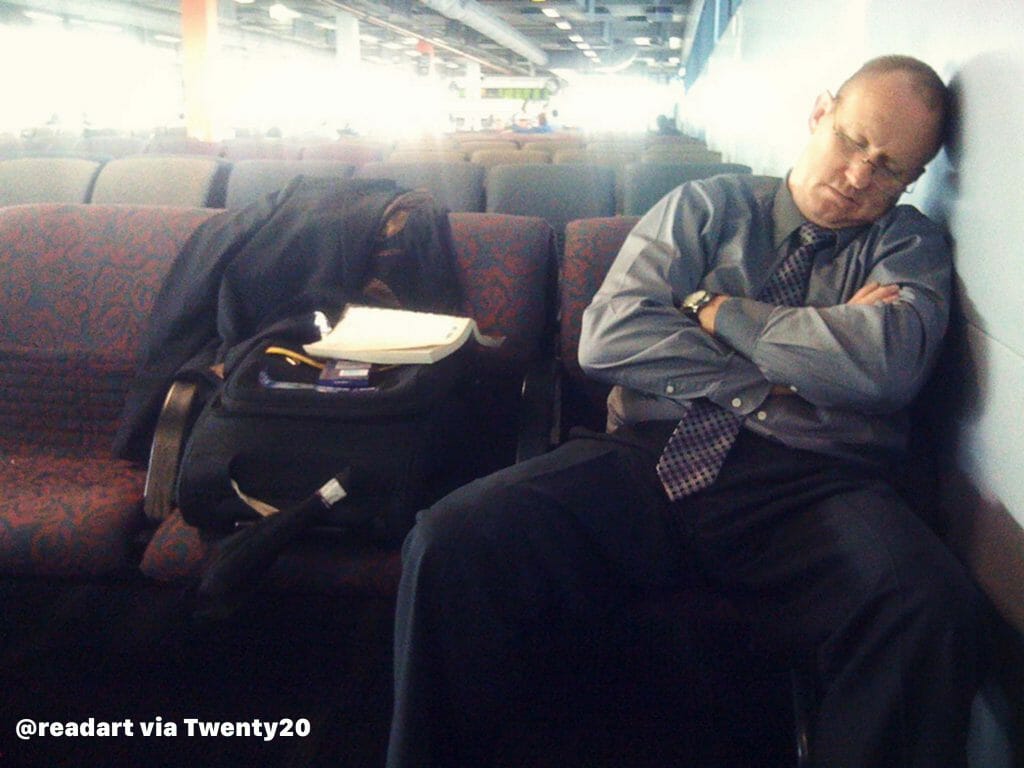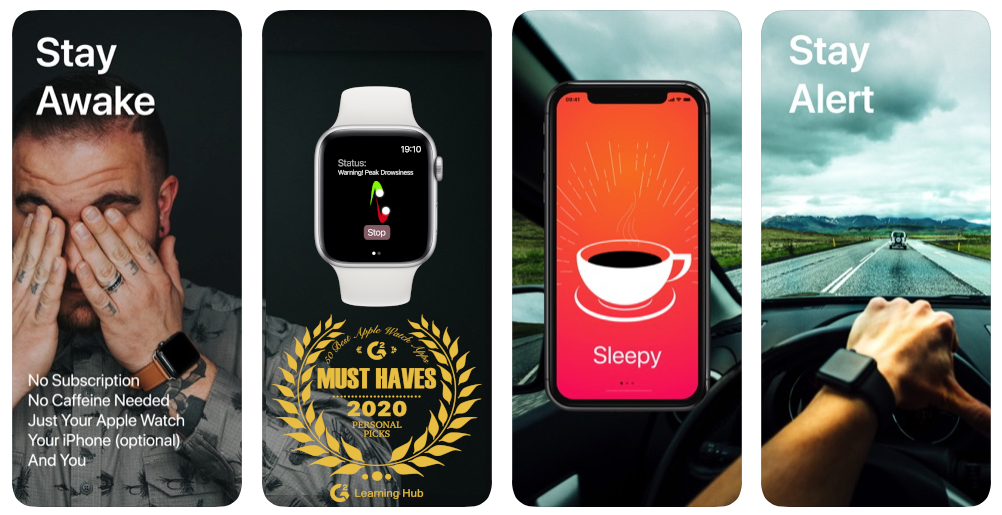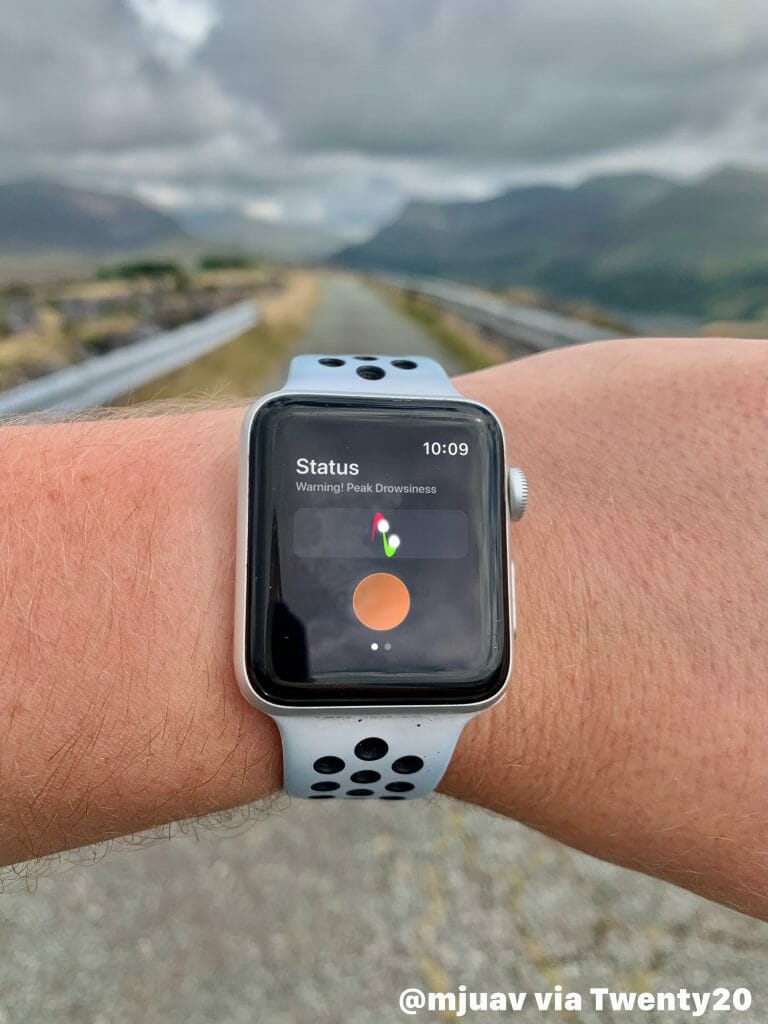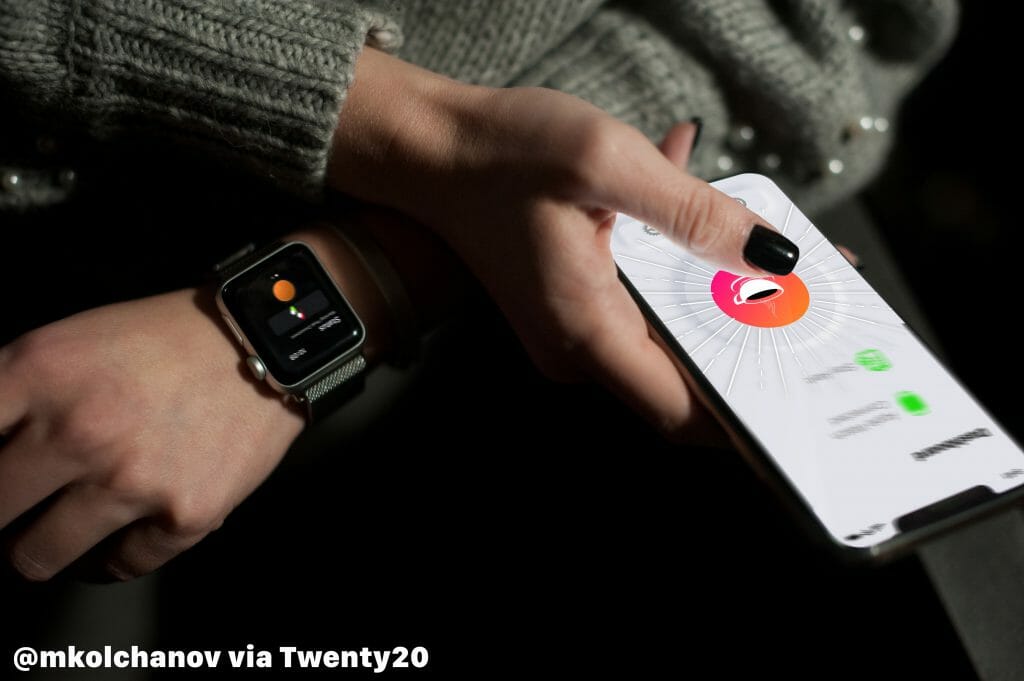Power Napper?
There is a wealth of evidence that brief daytime naps of 10-20 minutes decrease subjective sleepiness, increase objective alertness, and improve cognitive performance.
Fast Recharge
Super Booster
You may have noticed that we are living in an age of abundance. Never before has it been so easy for people to pass information between each other at such great distances and across multiple timezones.
Depending on where you live there is an abundance of choices on the types of food, clothing and entertainment that you can consume. Even the choices that we can make regarding what we do to make a living have increased (although this too is also changing, but that’s another topic).
But this abundance comes at the cost of something that we humans have been taking for granted since the industrial revolution. Something that is so fundamental to our health and wellbeing that not getting enough of it can be disastrous to ourselves and those around us.
Devalued
Sleeps importance has been downplayed for a while now. Popular culture praises those that are willing to sacrifice their sleep in order to make it to the top.
Do a search in your favourite search engine to find “famous people who claim that they only sleep for four hours or less” to find endless results of people that “…all have one thing in common. They sleep less and are all successful in life.”, (an actual quote from one of the results I got back)!
The countless lists of CEOs of the biggest corporations that appear to devalue sleep is also reflected in books and articles detailing how they got to the top with little to no sleep.
Even CEOs of companies that apparently allow for their staff to be able to take a nap at work, don’t do that themselves.
Looking the Part
Not surprisingly those that do take a nap at work or nod off whilst working are seen as being lazy or not up to the task. Add to the fact that no one wants to be seen as the slacker, so will happily point to those that appear to be slacking off so as to look more favourable to the boss.
This attitude to tiredness is dangerous and especially so for those that operate heavy machinery or drive for long hours. In an attempt to make deadlines or quotas, people are putting their life and the lives of others at risk.
If you’re feeling tired at work or whilst studying and someone notices, you may have been offered a coffee or told to have a coffee break. Coffee, or caffeine may make you feel more alert in the short term, but you body is actually telling you that you need to stop.
Many of us feel tired in the afternoon, and that’s not just because we’ve had a big lunch. Our circadian cycle typically alerts us that we are starting to slow down and so sleepiness increases. But instead of listening to the warning we reach for a coffee or caffeinated beverages (or caffeine pills, chocolate), to perk ourselves up.
Reclaiming Ourselves
But there is an alternative; having a 10 to 20 minute nap. Instead of taking a coffee break, if possible, find somewhere quiet and take a nap. In the past I’ve used libraries, quiet coffee shops, or during the summer, a green space in a park, to take a nap.
Many researchers are now finding the benefits of a 10 to 20 minute nap may help boost productivity and possibly increase companies revenues.
“During an average work afternoon, a disproportion of the circadian alerting signal to the rising homeostatic sleep pressure occurs, resulting in increased sleepiness and reduced alertness. These factors, along with other impacted cognitive and emotional performance metrics, result in decreased productivity. There is a wealth of evidence that brief daytime naps of 10-20 minutes decrease subjective sleepiness, increase objective alertness, and improve cognitive performance. Daytime napping facilitates creative problem solving and logical reasoning, boosts the capacity for future learning, and consolidates memories. These benefits are not restricted to those experiencing sleep deprivation. Even in well-rested individuals, napping can enhance alertness, performance, and productivity for several hours. Daytime naps also allow for the regulation of emotions, relieve stress, and strengthen immune system function, reducing levels of the stress hormone norepinephrine and normalising levels of interleukin-6 an immune-regulating molecule. Taken together, allowing time to nap during the workday and reap the collective benefits will result in greater productivity and quality output rather than simply pushing through the fatigue, producing sub-standard work.”
Alger, S., Brager, A., Capaldi, V., & , (2019). Challenging the stigma of workplace napping. /SLEEP,/ /42(8),/
Review
I know it’s difficult to take a nap during the day whilst at work or studying, but there are ways around it. Like me, you can find places outside of work to take a nap. If not, then unfortunately it will have to be your car, or book a meeting room for 15 mins and put your head down on the desk.
If you want to boost your productivity then an afternoon nap is well worth it! Napping:
- Decreases subjective sleepiness
- Increases objective alertness
- Improves cognitive performance
- Facilitates creative problem solving and logical reasoning
- Boosts the capacity for future learning
- And enhances productivity for several hours
Afterword
Life is not all about productivity and study. You have to look after your health. Napping is valuable and a great protector of your health:
- Daytime naps allow for the regulation of emotions
- Relieve stress
- Strengthens immune system functioning
- Reduces levels of the stress hormone norepinephrine
- And normalises levels of interleukin-6 an immune-regulating molecule

Now available on the App Store, download it now!










